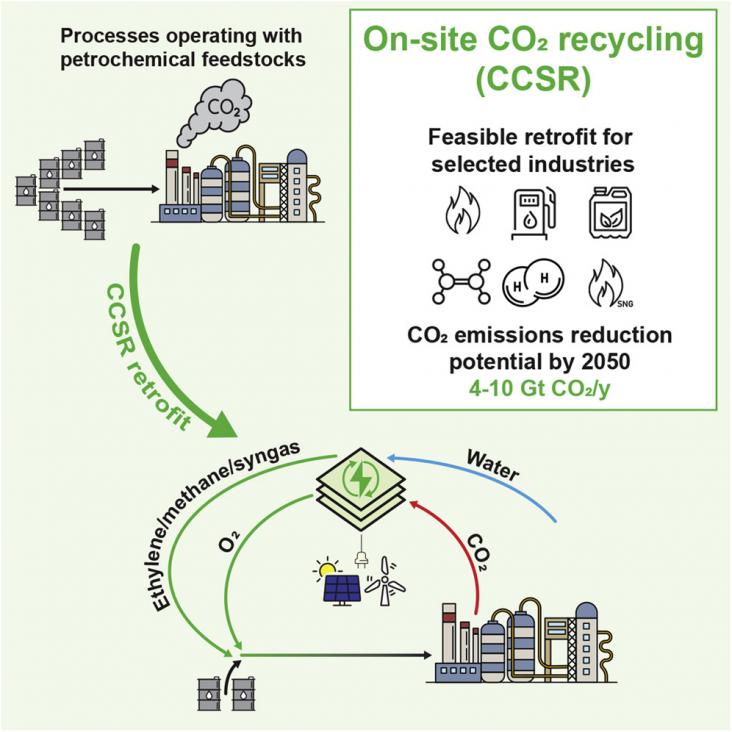Held in partnership with the University of São Paulo, this Elsevier webinar discusses the SDGs and how researchers can incorporate them into their work.
As the country with the world's largest coal power capacity, China is launching a national carbon market. How the carbon pricing may contribute to phasing out China's coal power is a great concern.

The chemical industry needs to significantly decrease carbon dioxide (CO2) emissions in order to meet the 2050 carbon neutrality goal.
This book chapter addresses SDG 3 and 12 by explaining the complexity of the food industry in North America and that food employees have a responsibility to use proper food handling practices.
The widespread consumption of electronic devices has made spent batteries an ongoing economic and ecological concern with a compound annual growth rate of up to 8% during 2018, and expected to reach b
Quantification and extent mapping of seawater intrusive zones are extremely critical for coastal aquifers, especially for those impacted with anthropogenic stress.
As future foods, cultured meat is produced by culturing animal cells ex vivo rather than raising and slaughtering animals.

As future foods, cultured meat is produced by culturing animal cells ex vivo rather than raising and slaughtering animals.

After World War II, the evolution of Europe's agro-food system has been marked by intensified use of synthetic fertilizers, territorial specialization, and integration in global food and feed markets.
Loss and Damage studies have tended to focus on rapid-onset events with lesser attention to slow-onset events such as drought.
